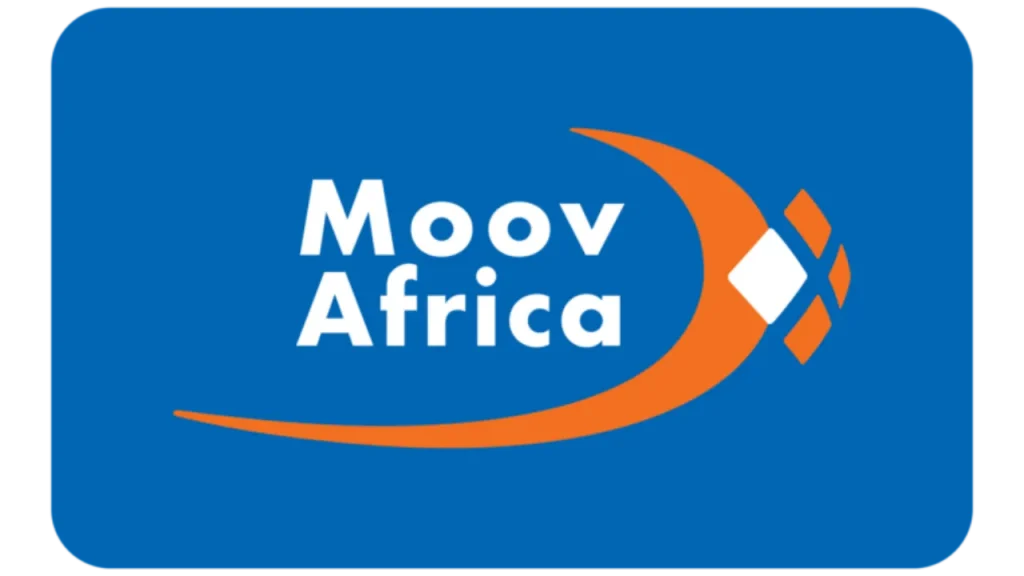- Moov Africa Bénin, part of Maroc Telecom, holds ~34% of Benin’s mobile market with voice, data, and mobile money services.
- The operator drives digital growth with eSIM, Moov Money, and affordable Internet, aligning with Benin’s digital economy strategy.
Moov Africa Bénin in Benin’s evolving telecom landscape
Moov Africa Bénin, formerly Etisalat Benin and rebranded in January 2021 under the Maroc Telecom group, operates a full suite of services across Benin. The operator provides mobile voice, data packages including affordable Internet forfaits, eSIM offerings, roaming and interconnect services, and value‑added services such as Moov TV and religious portals.
It also delivers digital entertainment tools like Moov Foot Alert, Moov Ciné and Moov Tchat. The company supports mobile money through its Moov Money platform, enabling deposits, withdrawals, domestic and international transfers, bill payments, and merchant services via apps such as MyMoov and Moov Money BJ. This comprehensive mix serves both individual and enterprise customers with modern connectivity and digital finance.
Also Read: Africell Angola energises telecoms with innovative mobile services
Also Read: CAMPOST Money: Digital finance by post
Moov Africa Bénin’s innovation and strategy
Moov Africa Bénin in Benin’s telecom market shows a clear split between two main players, MTN and Moov. Together they hold most of the mobile users, and Moov Africa has about 34% as of early 2023. Mobile phone use is already very high, but fixed lines and home internet are still very low, and this is a bigger problem in villages and rural areas. The market is now seeing new things like fibre lines for faster internet, new satellite services like Starlink, and first tests of 5G.
These changes bring better service, but the cost to build networks is very high and many people still cannot pay much for it. Moov Africa Bénin is bringing new services like eSIM for easier phone setup, data plans that mix with fun apps and money services, and mobile money that helps people who do not use banks. These services give more people a way to stay connected and to take part in digital life. The company’s work also fits with Benin’s plan to build a stronger digital economy. The plan wants to improve public offices, move services online, and grow the use of digital payments. This helps people in both big cities and small towns who need easier access to services.

